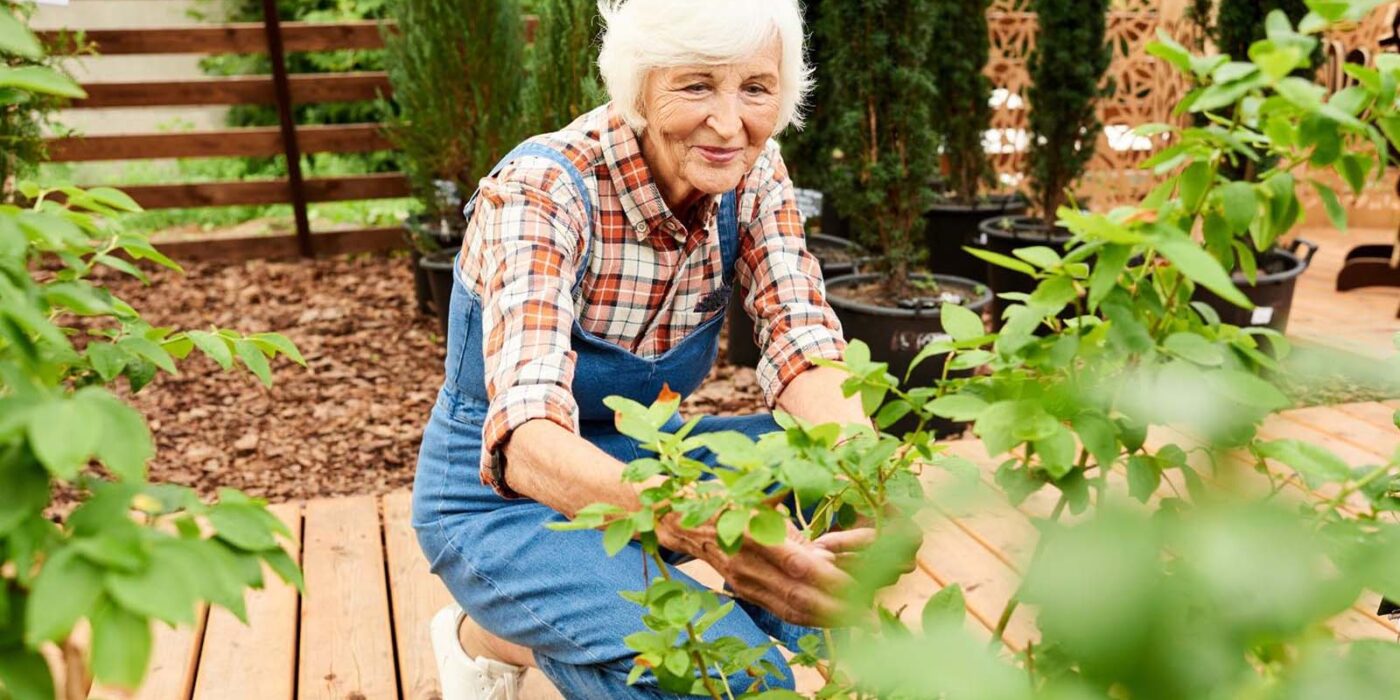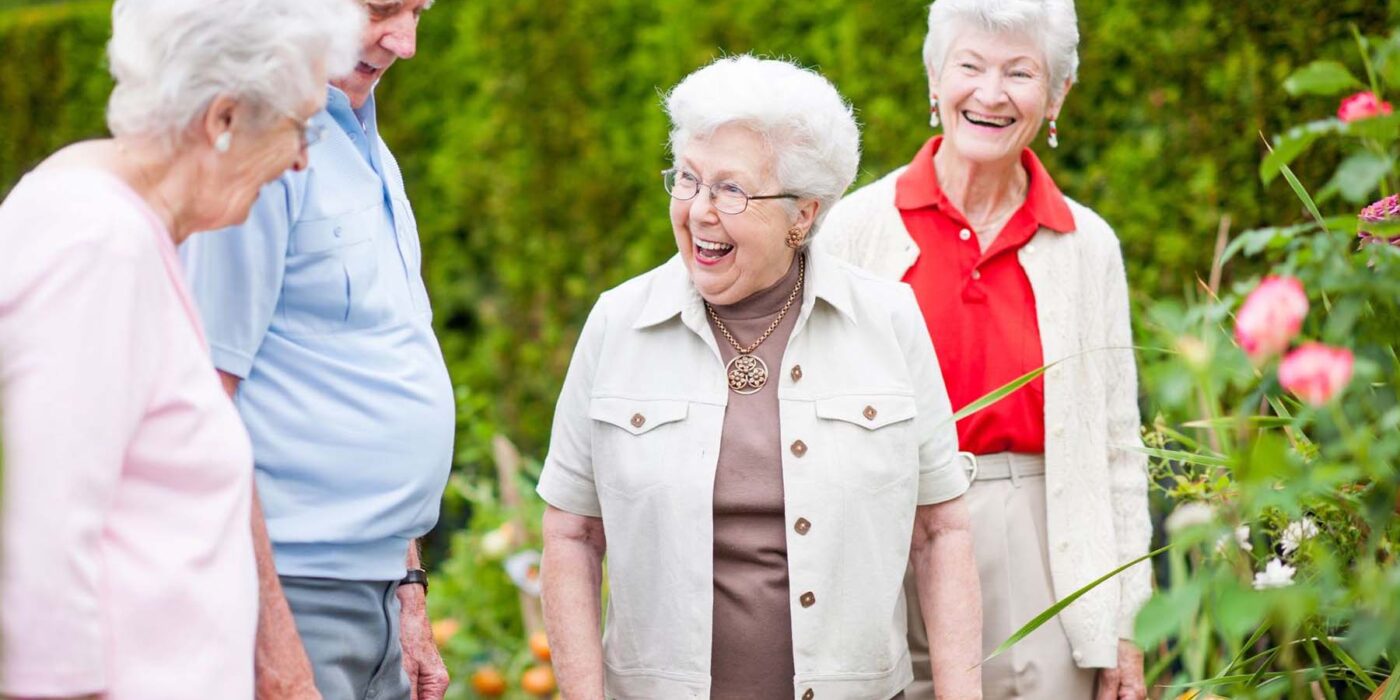Retirement Homes
Choosing a retirement home is a decision that significantly impacts one’s quality of life during their golden years. It involves more than just selecting a comfortable living space; it’s about finding a community that aligns with personal values, supports an individual’s lifestyle, and prioritizes well-being. Here’s a comprehensive guide from various expert sources designed to assist in making an informed decision about retirement homes.
Assessing Your Needs and Lifestyle Preferences: The first step is understanding your or your loved one’s health, social, and lifestyle needs. These could range from basic accommodations and social interaction to specialized care for health conditions.
Location Is Key: Consider the proximity to family, friends, and essential services. Being close to loved ones and medical facilities can significantly enhance the retirement living experience.
Understanding the Types of Retirement Communities: There are several retirement communities, including active adult communities, senior independent living, assisted living, nursing homes, memory care communities, and life plan communities. Each caters to different needs and preferences and offers various care and services.
Evaluating Amenities and Activities: Fitness centers, social clubs, and recreational areas provide an engaging and fulfilling lifestyle. It is crucial to explore the community’s culture and whether it offers activities and events that match your interests.
Financial Considerations: The cost of living in a retirement community is a critical factor. It’s essential to understand all associated fees, what services are included, and how the community’s cost compares to maintaining a current home. Assessing financial options and planning for long-term affordability is essential.
Medical Care Accessibility: On-site medical care or proximity to medical facilities and specialists is crucial, especially for those with existing health conditions or concerns about future health needs.
Safety, Security, and Accessibility: Check for safety measures, security protocols, and accessibility features like elevators, ramps, and emergency response systems to ensure a safe and comfortable living environment.
Community Atmosphere and Staff: The quality of interactions with staff and the overall community atmosphere can significantly affect your experience. Visiting potential communities, interacting with residents and staff, and observing daily life is beneficial to gauge the environment’s warmth and inclusiveness.
Flexibility for Future Needs: Consider whether the retirement community can accommodate future health or mobility changes. Communities offering a continuum of care can provide peace of mind by ensuring that evolving needs can be met without significant changes.
Reputation and Reviews: Researching the community’s reputation, reading reviews, and speaking with current residents and their families can provide valuable insights into the community’s quality of life and satisfaction.
Trial Stays and Personal Experience: Some retirement homes offer trial stays, which can be an excellent way to experience the community’s lifestyle, services, and atmosphere firsthand before committing.
Selecting a retirement home is a multifaceted process that requires careful consideration of various factors, including personal needs, preferences, financial concerns, and long-term care possibilities. It’s about finding a place that meets your needs and feels like home, where you can lead a fulfilling and vibrant life during your retirement years.










